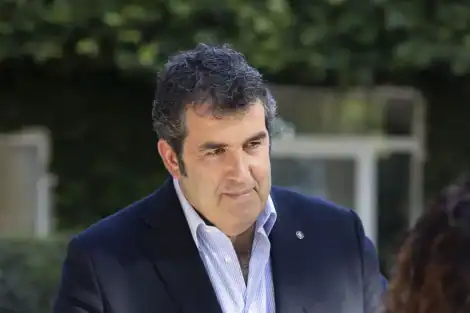In the United States, the advocacy work of many NGOs active in animal welfare seems to be highly effective, having reached a milestone in the issue of intensive farming. In this case, it has been established that there is no sustainable form of farming for octopuses, and for this reason, on March 13th, Washington Governor Jay Inslee signed the law preventing their creation. This is a unique case worldwide; however, it appears that it will soon be emulated in California and Hawaii, where similar bills have been introduced, while in Canada, a petition has been proposed to ban these farms.
Octopuses cannot be farmed
"Octopuses are highly intelligent and solitary species that should never be subjected to farming. We hope that this law, the first of its kind, sets a precedent for the rest of the world, demonstrating that octopus farming is unacceptable," said Allison Molinaro, head of US campaigns at Compassion in World Farming. In reality, there are many more reasons not to farm octopuses, of various natures. These range from the spread of diseases to incidents of cannibalism, passing through the perpetual exposure to artificial light, which seems absurd for an animal that predominantly lives in darkness. Another atrocious element would be the methods of octopus killing, which, as reported by some NGOs, involve immersion in ice-cold water and carbon dioxide, causing a slow and painful death. In addition to this, there is also a sustenance problem: octopuses feed on animals such as crabs, clams, and small fish, leading to increased fishing. It is estimated that it would take at least three kilograms of fish to produce one kilogram of farmed octopus. This production is far from any concept of sustainability.
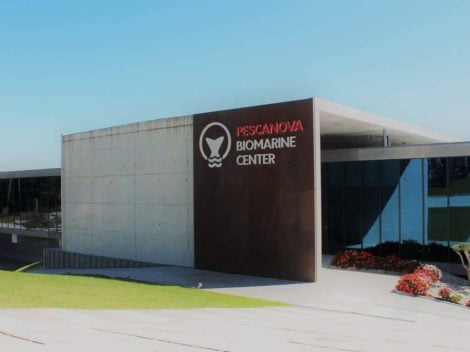
The nightmare of the Canaries: the world's first octopus farm
In Europe, the Spanish fishing company Nueva Pescanova plans to open the world's first industrial octopus farm in the Canary Islands, but it must first undergo a new environmental impact assessment. Typically, intensive aquaculture projects in Spain are subject only to a simplified environmental assessment, but it has been concluded that octopus farming could have a significant impact on the surrounding environment. For Nueva Pescanova, this means that after waiting 2 years for approval, it now has to start over with a more rigorous assessment process.
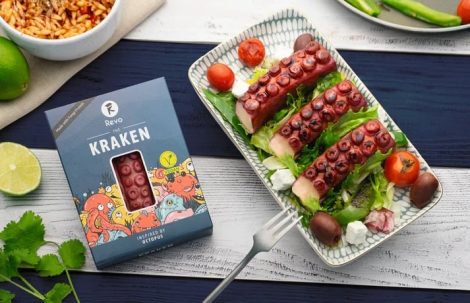
The Austrian alternative with plant-based tentacles
In the meantime, animal welfare groups see plant-based alternatives as a solution to the growing global demand for octopus meat. The Austrian company Revo Foods claims to have achieved an appealing appearance, as well as organoleptic parameters and an authentic texture with the "The Kraken" alternative. The product, available online in most European countries, also boasts a high content of protein, fiber, and omega-3 fatty acids and has received an "A" rating with the Nutriscore system. The product is made up of about half mycoproteins, i.e., mushroom proteins, and is rich in Omega 3 and fiber.

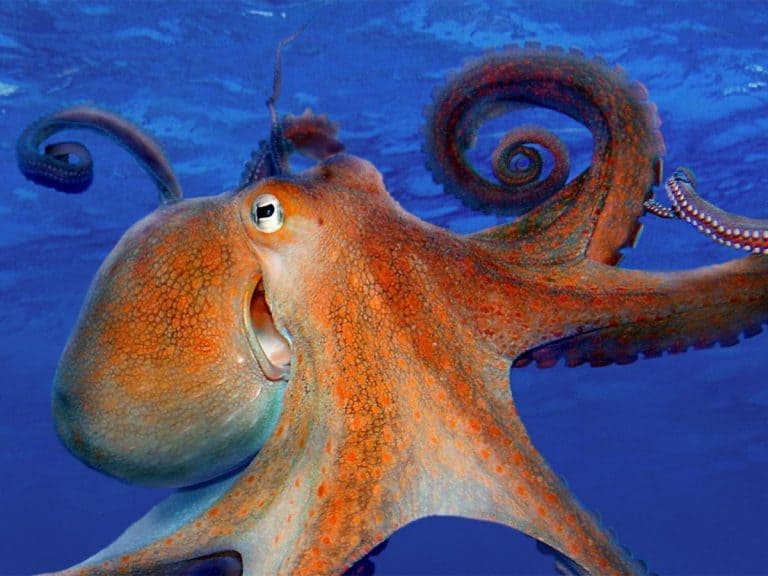
 All the secrets to making perfect Pasta alla Nerano at home
All the secrets to making perfect Pasta alla Nerano at home A trattoria inspired by Pipero’s carbonara opens in London
A trattoria inspired by Pipero’s carbonara opens in London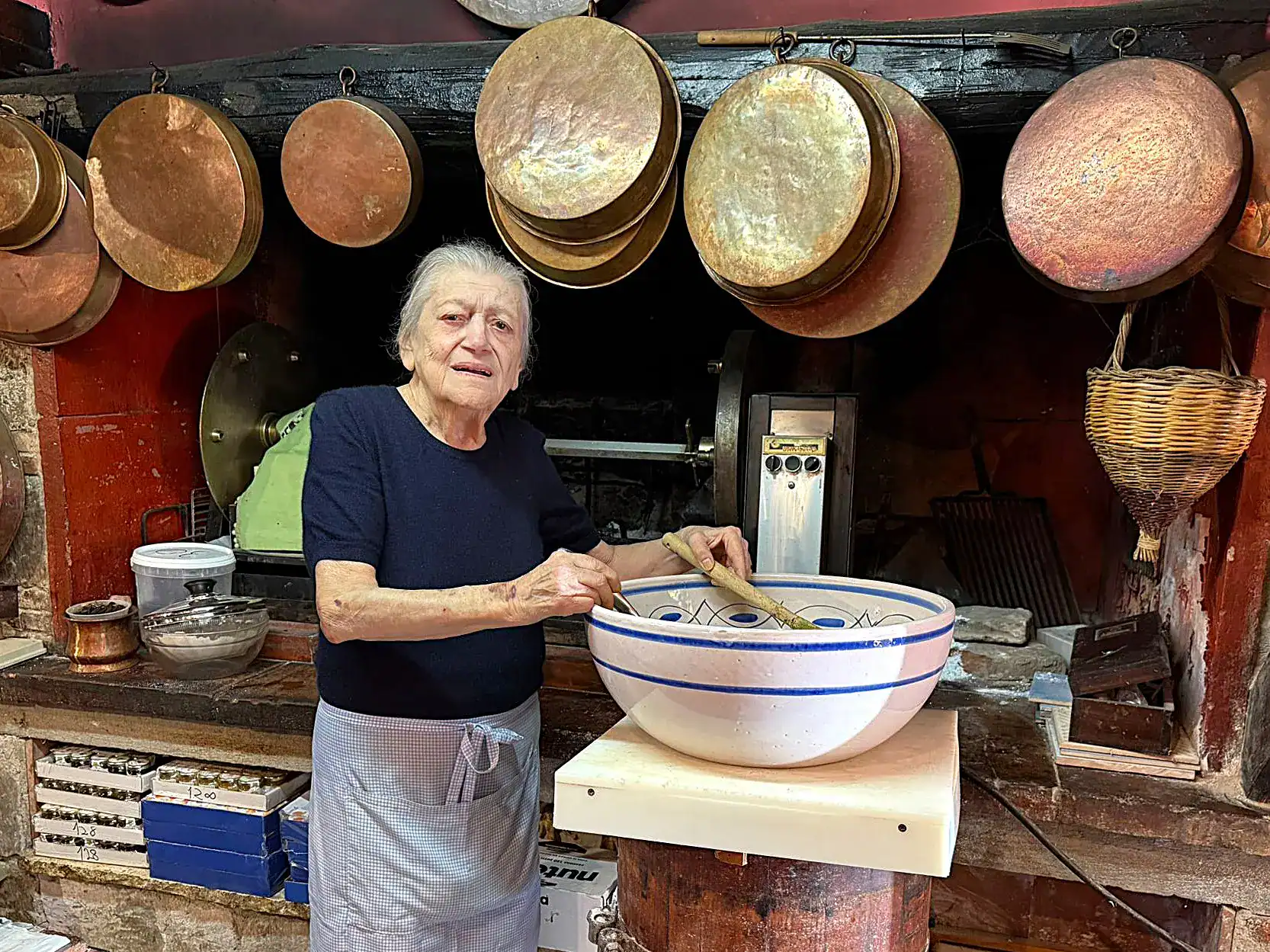 At 86, she still makes limoncello the old-fashioned way: the recipe from a restaurant on the Sorrento coast
At 86, she still makes limoncello the old-fashioned way: the recipe from a restaurant on the Sorrento coast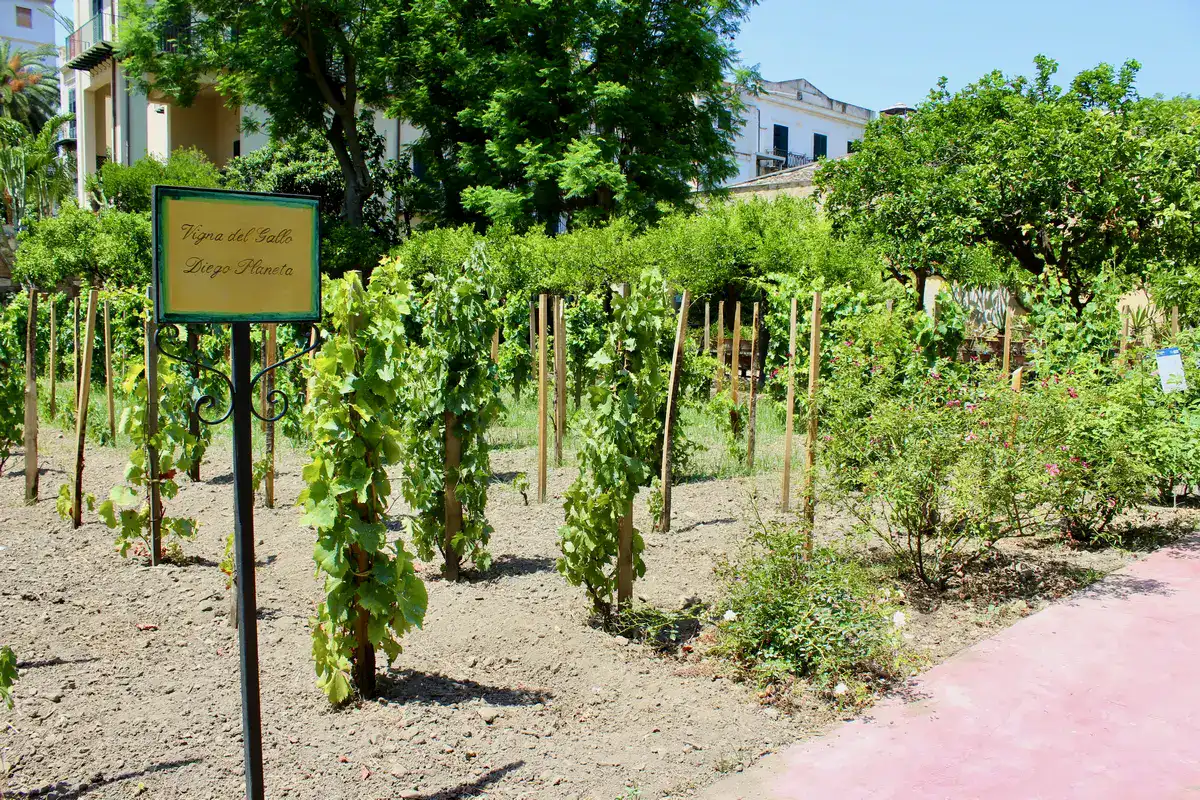 There is a vineyard-laboratory in the heart of Palermo that is becoming a regular stop for scholars and tourists
There is a vineyard-laboratory in the heart of Palermo that is becoming a regular stop for scholars and tourists “A 30% tariff is unsustainable – but it’s consumers who will pay the most.” Francesco Giovannini of Mezzacorona issues warning
“A 30% tariff is unsustainable – but it’s consumers who will pay the most.” Francesco Giovannini of Mezzacorona issues warning